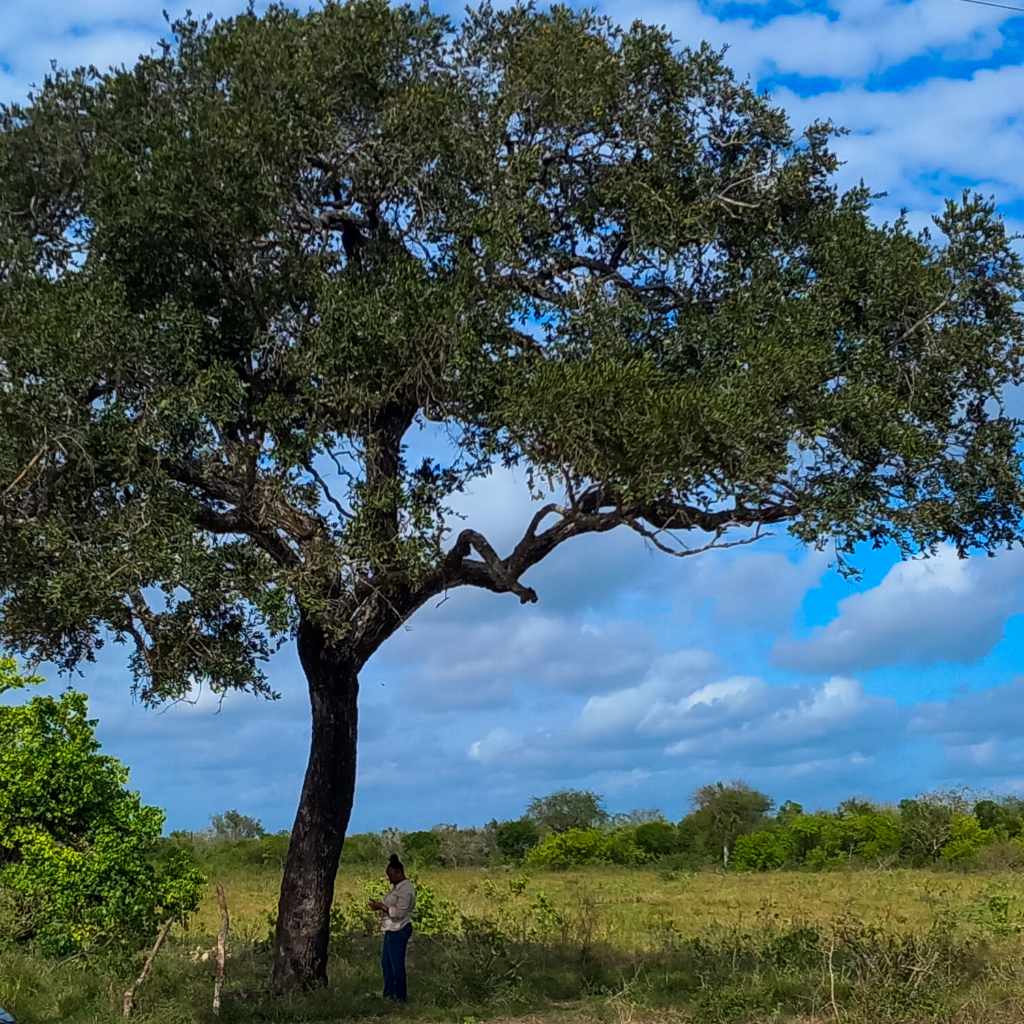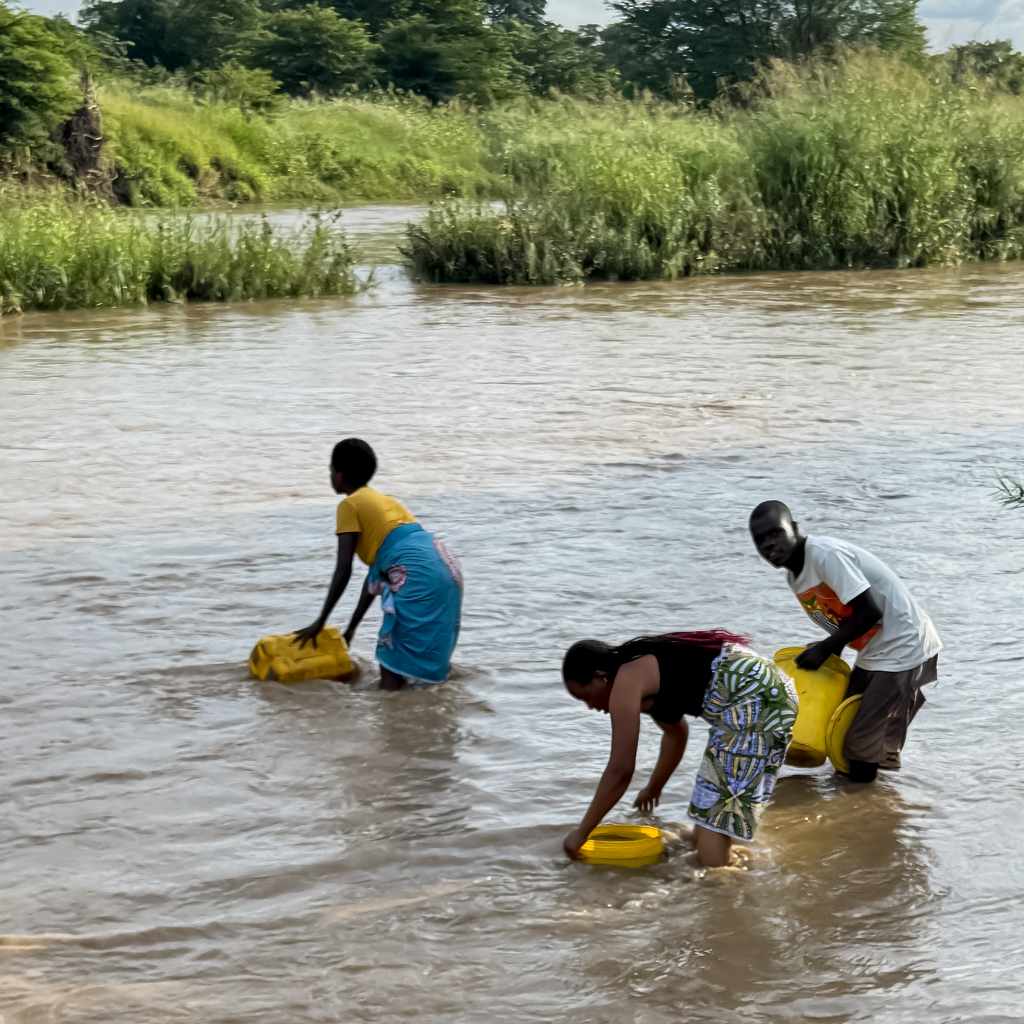Nature-Based Solutions for Climate Change
Carbon-Eligible Landscape Restoration That Benefits Communities and Ecosystems
Eden: People+Planet develops high-integrity carbon projects through blended finance, combining philanthropic support with carbon markets to create sustainable landscape restoration at scale. Through our subsidiary Compassionate Carbon, we implement 40-year commitments to landscape restoration that generate verified carbon credits while delivering core benefits for communities and ecosystems. Our approach multiplies the impact of every dollar through long-term carbon credit generation, creating systemic solutions at the scale climate change demands.
Carbon Project Portfolio
Our carbon-eligible landscape restoration portfolio focuses on projects that can generate verified carbon credits through protection of existing forests (REDD+) and restoration of degraded lands (ARR) in East and Southern Africa. Each project represents a 40-year commitment to communities and ecosystems.

Dakatcha Woodlands Carbon Project

Musokotwane-Nyawa Miombo Woodland Carbon Project

Olokeri Carbon Project

Rubeho Mountains Carbon Project
Blended Finance Partnership Models
Eden offers three partnership approaches that combine philanthropic support with carbon market mechanisms to create sustainable landscape restoration at scale.
Catalytic Vision + Design Support
Enable carbon project development through early-stage support that unlocks long-term carbon credit generation. Your investment is multiplied through 40 years of verified climate impact.
Carbon Credit Pre-Purchase
Secure future access to high-quality carbon credits with exceptional core benefits. Forward purchase agreements support project implementation while guaranteeing verified emissions reductions.
Blended Partnership Approach
Combine philanthropic support with carbon credit pre-purchase to maximize impact. This comprehensive approach enables project development while securing long-term access to verified carbon credits.
The Carbon Multiplication Effect
Eden’s blended finance model multiplies the impact of philanthropic support through carbon markets:
- Catalytic Support: Initial philanthropic funding enables carbon project development
- 40-Year Implementation: Long-term commitments ensure lasting community benefits
- Carbon Generation: Projects produce verified carbon credits over four decades
- Sustainable Finance: Carbon revenue supports ongoing restoration and expansion
This innovative approach transforms one-time philanthropic support into 40 years of verified impact, typically generating more than $125 in conservation value for every dollar contributed.
Our carbon-eligible projects deliver core benefits across three dimensions: community development through sustainable livelihoods, biodiversity protection in critical ecosystems, and measurable climate impact through carbon sequestration and avoided emissions.
Standards-Based Implementation
Eden maintains rigorous standards across all carbon-eligible projects:
- Verified Carbon Standard (Verra): International carbon verification
- Climate, Community & Biodiversity Standards: Core benefits verification
- 40-Year Commitment: Long-term monitoring and verification systems
- Transparent Documentation: Comprehensive project design, baseline studies, and impact reporting
Our active and under design projects focus on globally significant biodiversity hotspots where blended finance can create transformative change. Through philanthropic support and carbon market mechanisms, we implement lasting solutions at the scale climate change demands.


Contact Our Partnership Team
Ready to create lasting impact through landscape restoration? Complete the application to start a conversation with our corporate partnerships team. We'll respond within 2 business days to schedule an initial consultation.